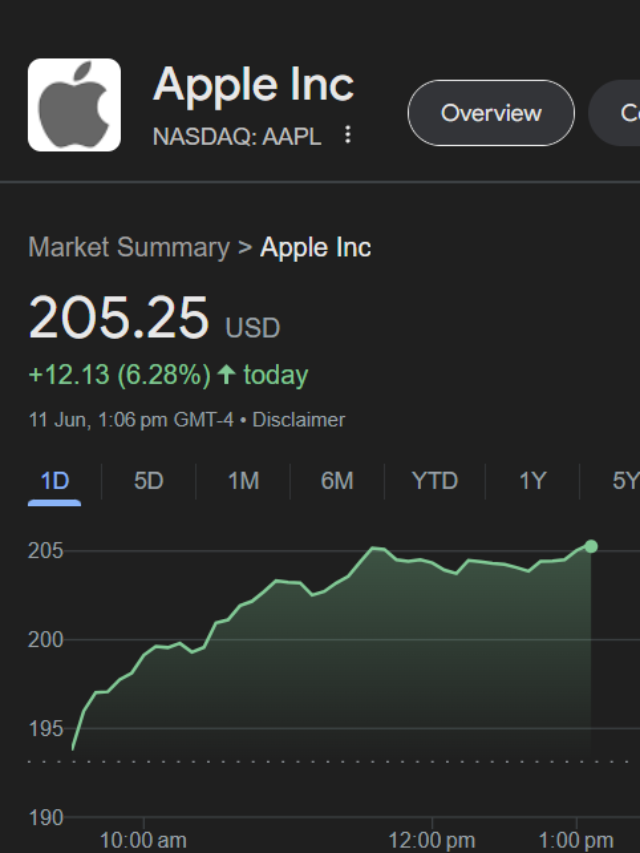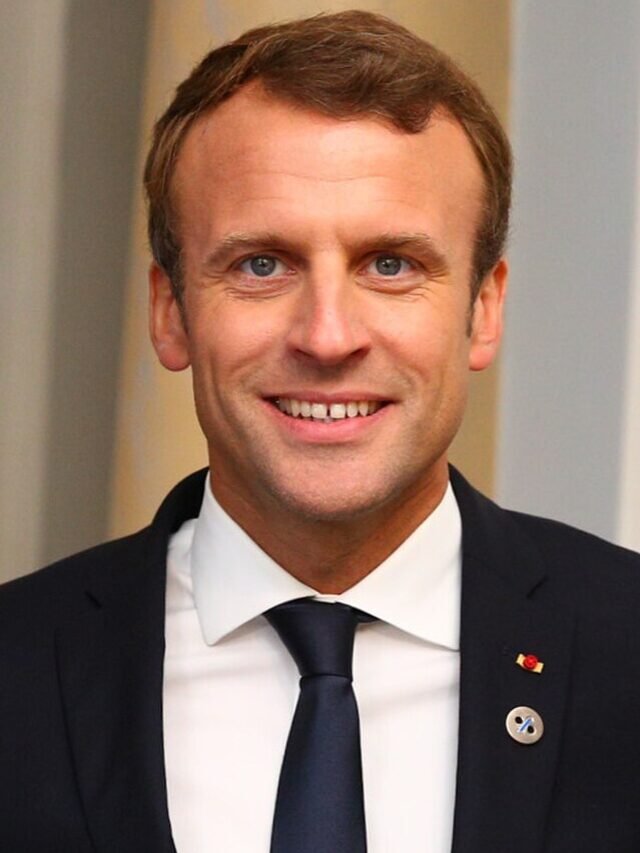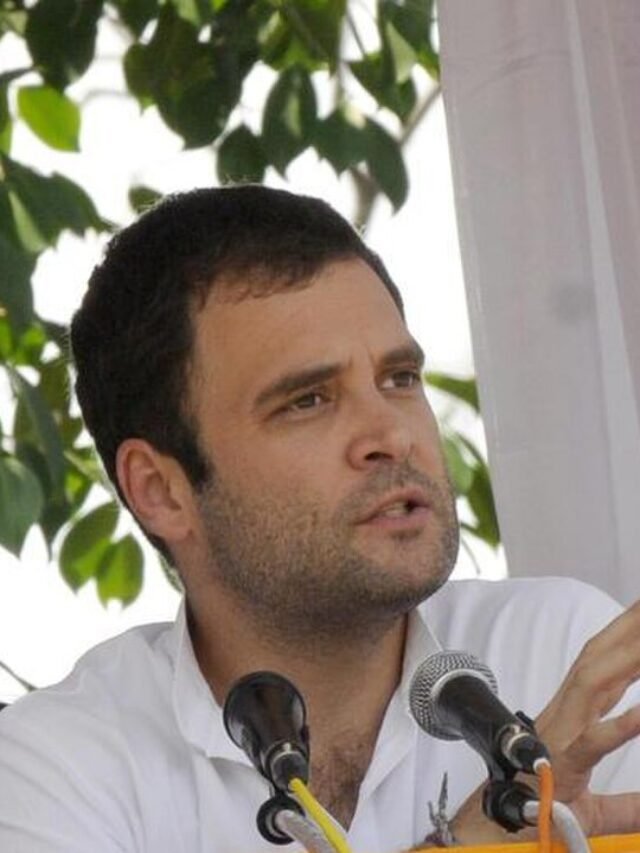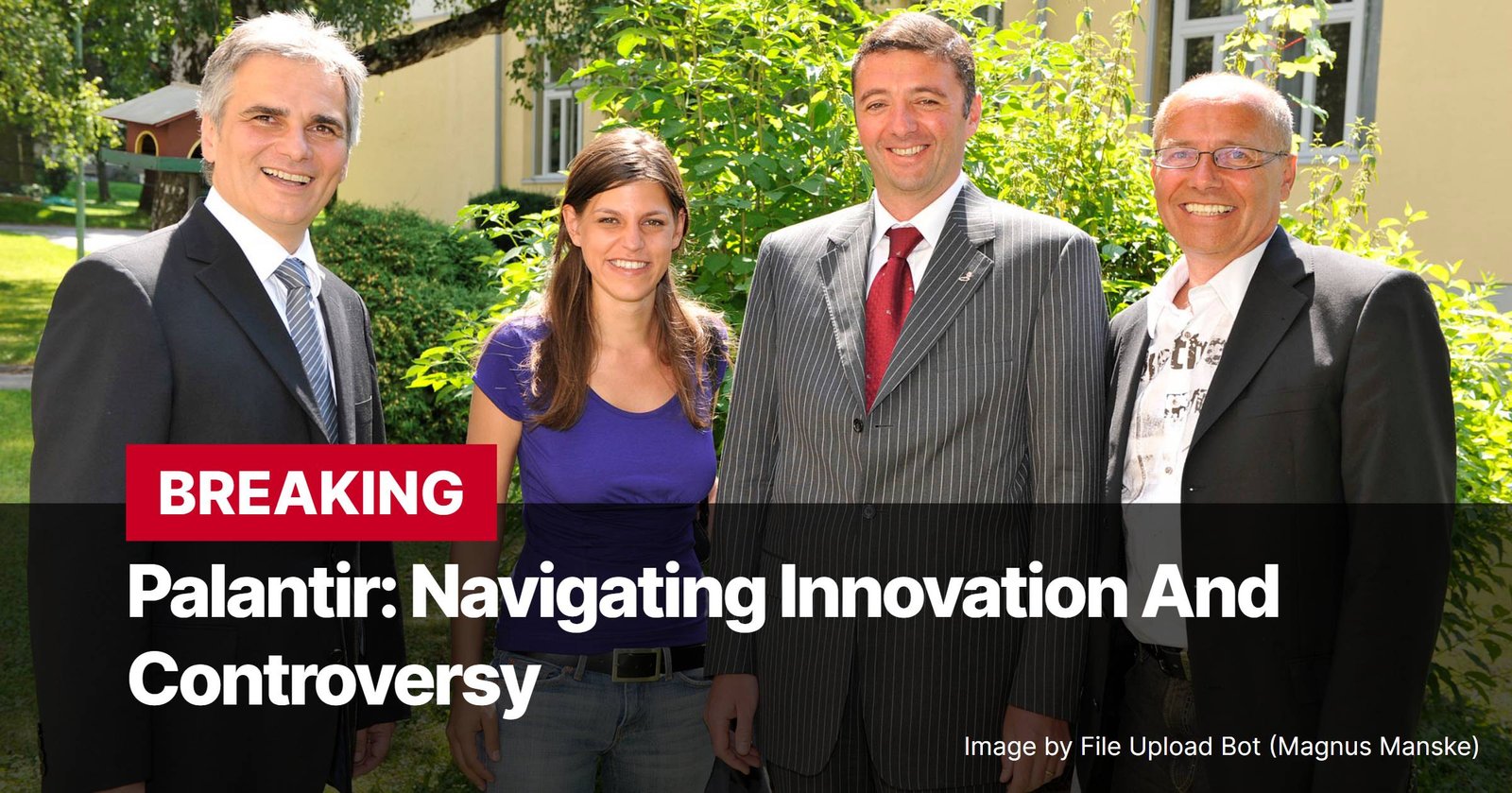Robert F. Kennedy Jr., a name synonymous with American political royalty, environmental advocacy, and more recently, vaccine skepticism, has once again captured the nation’s attention. His recent alliance with President-elect Donald Trump has ignited a firestorm of speculation, raising questions about the future direction of public health policy in the United States.
Kennedy’s journey from environmental lawyer to a prominent figure in the anti-vaccine movement has been well-documented. He is the chairman and founder of Children’s Health Defense, an organization that questions the safety and efficacy of vaccines. His views have placed him at odds with the scientific and medical consensus, leading to accusations of spreading misinformation.
The recent election saw Kennedy endorsing Trump after suspending his own independent presidential campaign. This move solidified a burgeoning relationship between the two, with Trump hinting at a significant role for Kennedy in his upcoming administration. This potential appointment has been met with both excitement and apprehension. Supporters view Kennedy as a champion for health freedom, while critics express concern over his stance on vaccines and potential impact on public health initiatives.
Reports suggest that Kennedy could potentially oversee key health agencies, including the Department of Health and Human Services and its sub-agencies: the Centers for Disease Control and Prevention (CDC), the Food and Drug Administration (FDA), and the National Institutes of Health (NIH), as well as potentially the Department of Agriculture. This level of influence would grant him unprecedented power to reshape the health landscape, potentially impacting everything from vaccination policies to agricultural practices.
Kennedy’s vision for public health appears to center on a critique of what he perceives as “cronyism” and corruption within the existing system. He advocates for a significant overhaul of the regulatory framework governing health and agriculture, emphasizing individual autonomy and a move away from what he considers to be excessive government intervention. He’s spoken out against “pesticide-intensive agriculture” and advocated for a transition to “regenerate agriculture,” signaling a potential focus on sustainable farming practices.

This proposed shift in direction has raised concerns among public health experts. Some fear that Kennedy’s influence could erode public trust in established health institutions and lead to a decline in vaccination rates. Others worry about the potential consequences of deregulation, particularly in areas like food safety and environmental protection.
One area of particular interest is Kennedy’s stated desire to “go wild on health.” While the exact meaning of this phrase remains unclear, it suggests a radical departure from current practices. This could include challenging the authority of agencies like the FDA and implementing significant policy changes based on his own views, potentially disregarding established scientific and medical consensus.
The potential appointment of Kennedy also raises questions about the relationship between political influence and scientific integrity. His history of promoting scientifically unsubstantiated claims has led many to question his suitability for a role with such significant influence over public health policy. The concern is that decisions may be driven by ideology rather than evidence-based research, potentially jeopardizing the health and well-being of the population.
The coming months will undoubtedly shed more light on the specifics of Kennedy’s role and the extent of his influence on the Trump administration’s health agenda. The implications of his potential appointment are far-reaching and will be closely watched by both supporters and critics alike. The future of public health in the United States may hinge on the direction this new era takes.



















